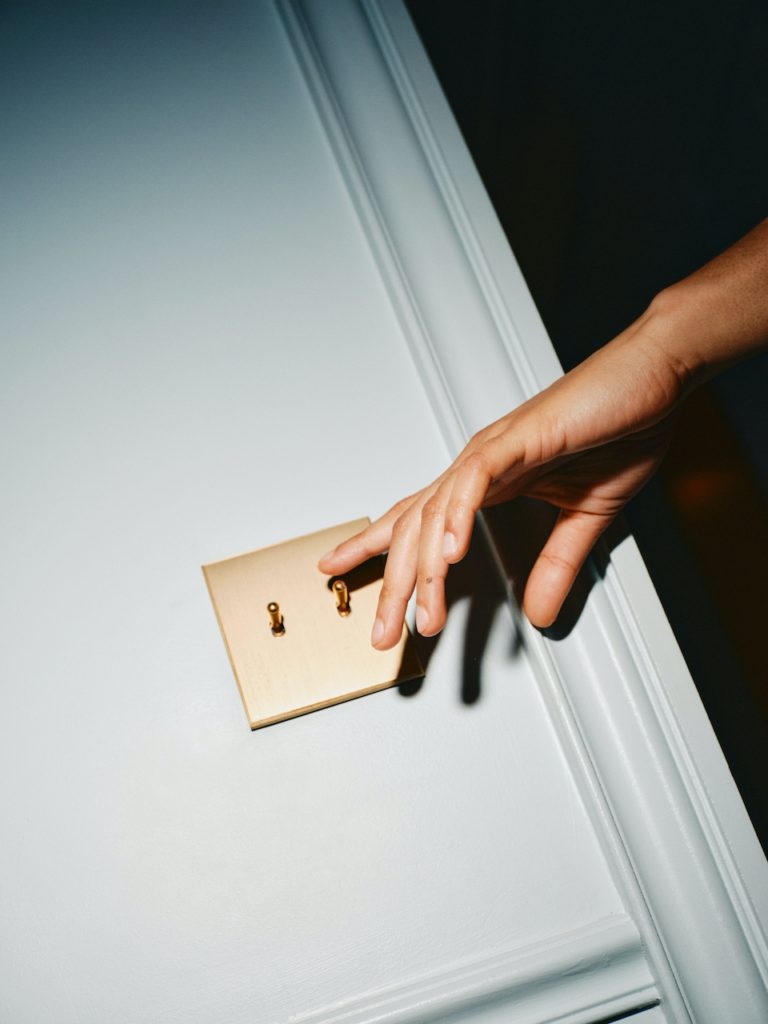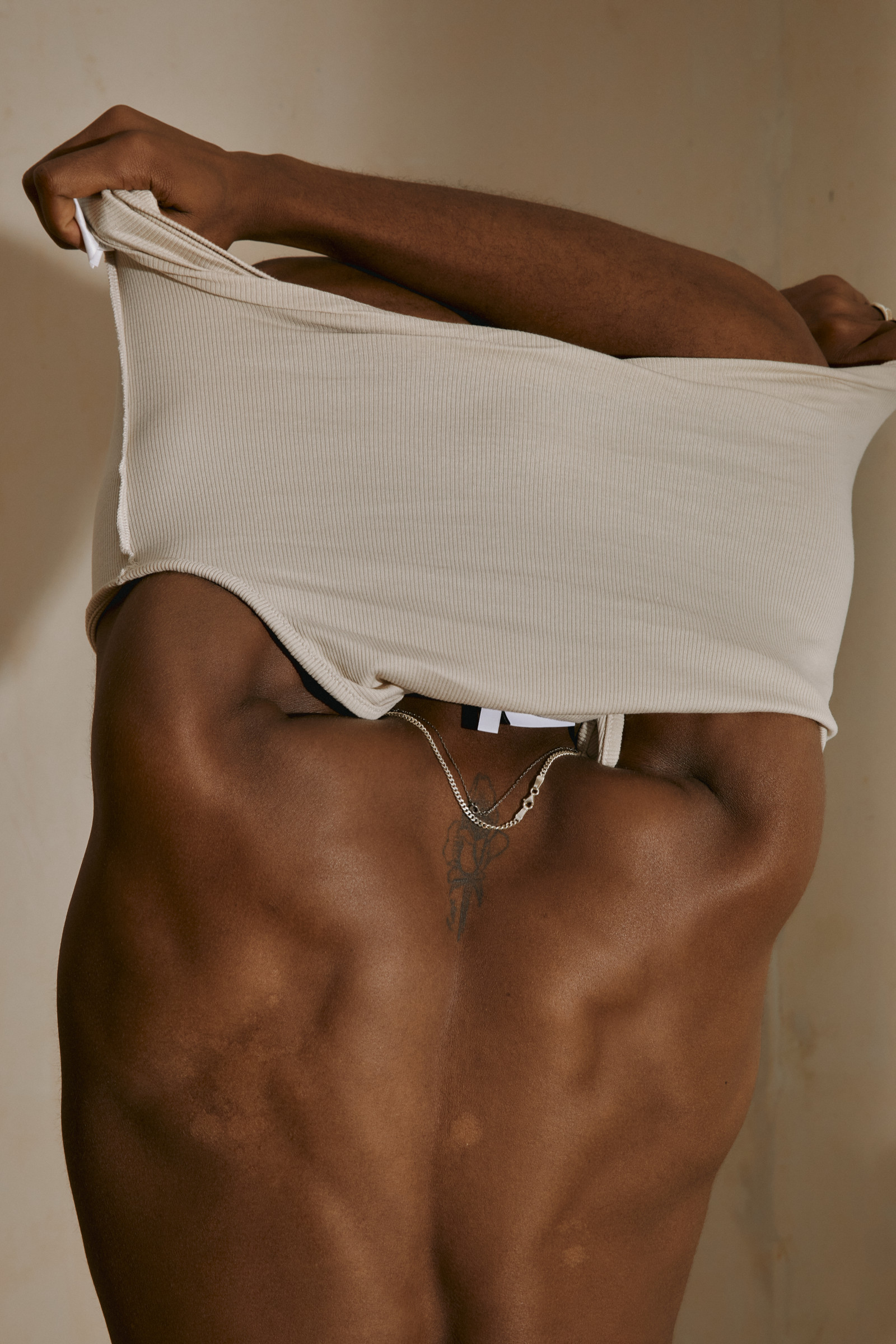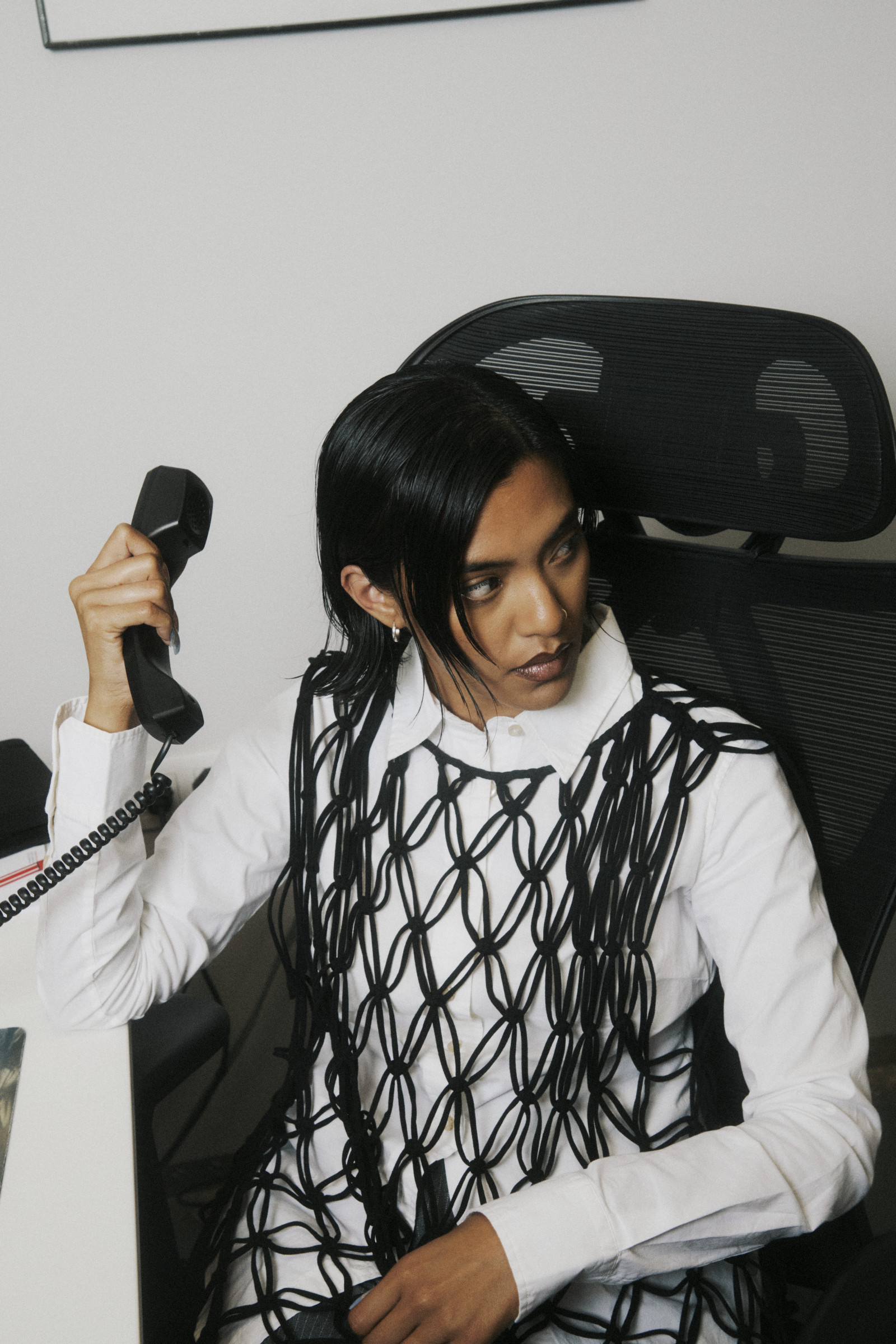
We’ve all been there. Somehow you find yourself in a situation too uncomfortable or unfamiliar to show up as your true, authentic self. As a result, you start code switching, or changing your tone, language, or disposition in order to cater to a distinct audience.
As a mixed-race Filipina American girl of divorced parents, I found myself constantly code switching from an early age. As I bounced from one household to another, I noticed a difference in the formality of my interactions depending on who I was talking to and what I knew was important to them.
With my Filipino family, my communication was more authentic. I was more comfortable thinking out loud. Whereas with my white family, I felt the need to construct my responses according to what I thought they wanted to hear or particular reactions I wanted to avoid.
Is code switching good or bad?
With code switching, if you were to swap out the person in front of you with your best friend or another trusted confidant you would likely choose a different style of communicating. Is that a bad thing? Not inherently. In some instances, like meeting your partner’s grandparents for the first time or interviewing for a job you really want, code switching can be a useful tool that shows you have range (or, manners) and allows you to connect with people from different walks of life in pursuit of different goals and objectives from those interactions.
However, when code switching, the most important thing to practice is self-awareness. When you fail to be self-aware about why you switch up in front of different people, your life can easily start to feel like a never-ending performance.
To function blissfully unaware diminishes the integrity of your character and gives your power away to those you are performing for. So long as you’re aware of why you’re acting or speaking differently, and can still insert obtuse angles of originality, you’ll be able to find a healthy balance between meeting people where they’re at and staying true to your authentic self.
The next time you find yourself code switching, take a beat to pause and reflect on these questions:
- Which of your guideposts can you bring to the forefront of your mind right now to help you craft a more authentic response?
- How often do you code switch?
- Can you recognize a pattern in the times when you feel the need to code switch?
- What part of your conditioning is telling you how you “should” be, act, think, or respond right now? (cultural, familial, environmental, social, etc.)
- Can you summarize your most important life lessons in six adjectives or less?
- Name the top five positive and negative emotions you are feeling about this situation.
- Are you code switching in order to disassociate from something deeper coming up from beneath the surface that you don’t feel ready or equipped to handle?
- Can you pinpoint important factors that have brought clarity to your decision-making process in the past that you can apply now?
“We don’t see things as they are, we see them as we are.”
– Anais Nin


















2 responses to “Code Switching: 8 Questions To Guide You Back To Your Authentic Self”
Code switching I believe is unintentional although I have noticed a need to no longer continue code switching because it does display a lack of authentication which I display normally amongst close friends & few colleagues. Reading this has made me feel less guilty considering I’m not the only one who does but also to recognize the behavior, change it and make it still ME 🙂 thanks for the read.
Hi Ken, I appreciate you sharing your thoughts! It’s definitely not just you- we all code switch depending on our environment. It’s another maladaptive survival mechanism that’s just ingrained in us as human beings. I think it’s great you’re self-aware and hopefully now the next time you catch yourself doing it, you can find a way to communicate what you want to while staying a little closer to your authenticity.